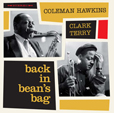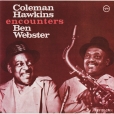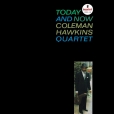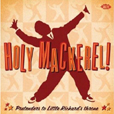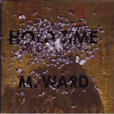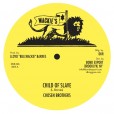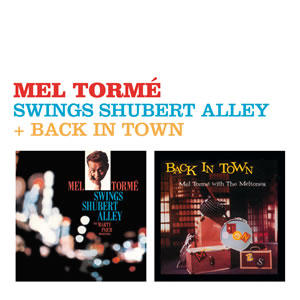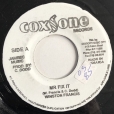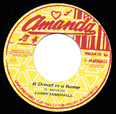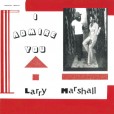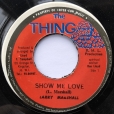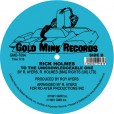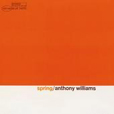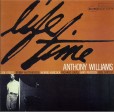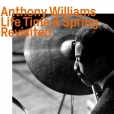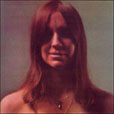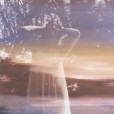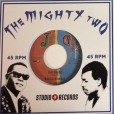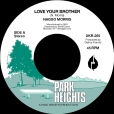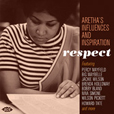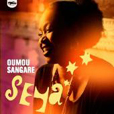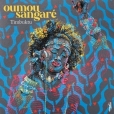Your basket is empty

The 1962 Columbia set with Clark Terry, trumpet, Tommy Flanagan, piano, Major Holley, bass, and Dave Bailey, drums.
Off-its-rocker rhythm and blues.
A bunch of Broadway standards, Shubert Alley is Torme’s masterpiece, a wonderful jazz vocal album — with Marty Paich and band (featuring Art Pepper) going after the sound of Miles’ The Birth Of The Cool.
Terrific, grooving Black History from the Roy Ayers camp.
‘Remember to remember, to never forget. How long… how long… how long will it take?’
With Wayne Shorter, Sam Rivers, Herbie Hancock and Gary Peacock.
Classic Vinyl series.
With different lineups in 1966, including pianists Ran Blake, Burton Greene and Dave Burrell; and Giuseppi Logan.
The first recording in twenty years by this path-breaking vocalist — introduced to ESP by Albert Ayler — is a 2018 concert with Burton Greene (from her 1966 debut) and bassist Mario Pavone and percussionist Barry Altschul, from the group of musicians around Paul Bley.
‘Dedicated to Cecil Taylor, who had passed away moments before she took the stage, Live preserves the mournful tension that was in the air that night. Side A comprises a set of desolate ballads, including Waters’ own classic Moon, Don’t Come Up Tonight. Fifty years after her unforgettable recording of Black Is The Color Of My True Love’s Hair — one of the 20th century’s most harrowing, deeply political expressions of madness and grief — the B-side is a stark reminder that the fight for civil rights is far from over. Beginning with Strange Fruit, the suite’s form-bending contortions also feature Waters’ take on Ornette’s Lonely Woman.’
‘First vinyl release of the breathtaking songs Patty Waters recorded in 1970 at the Coast Recordings studio, together with the unreleased single My One And Only Love, and a live session recorded at Lone Mountain College in 1974.
‘Here is the missing link between the two groundbreaking ESP LPs from the end of the 60s and the late-90s releases. Whereas PW’s debut album Sings concerned itself with themes of heartbreak, loneliness, and yearning, You Loved Me is abundant with love, joy, and togetherness. Whilst Patti’s songs cross spiritual jazz and US folk revivalism, Touched By Rodin is a brilliant extended showcase for the uneasy Cageian minimalism of her piano playing.’
Patty Waters… admired by Albert Ayler, Miles, Patti Smith, Yoko Ono…
A testament to the impeccable taste of the greatest soul singer of all time — mostly big names and classics, rounded off by gospel giant Clara Ward, and the song Aretha sang at her funeral.
‘A stunning collection of songs, fusing her distinctive Malian sound and voice with elements of blues, folk and rock – resulting in a timeless body of work, free from borders and genres.
‘Written and recorded in the US during coronavirus lockdowns, the album is the latest chapter in an unparalleled musical epic which has seen an artist born in the poorest districts of Bamako, Mali, become the greatest and most influential African singer alive, as well as a powerful feminist icon.
‘Between the hometown pride exhibited in Wassulu Don, the quiet introspection of Degui N’Kelena, the amorous languor expressed on Kanou, the compassion in Demissimw and the sadness and frustration in Kêlê Magni, many emotions nourish this record, with common threads of courage and optimism woven throughout.’
